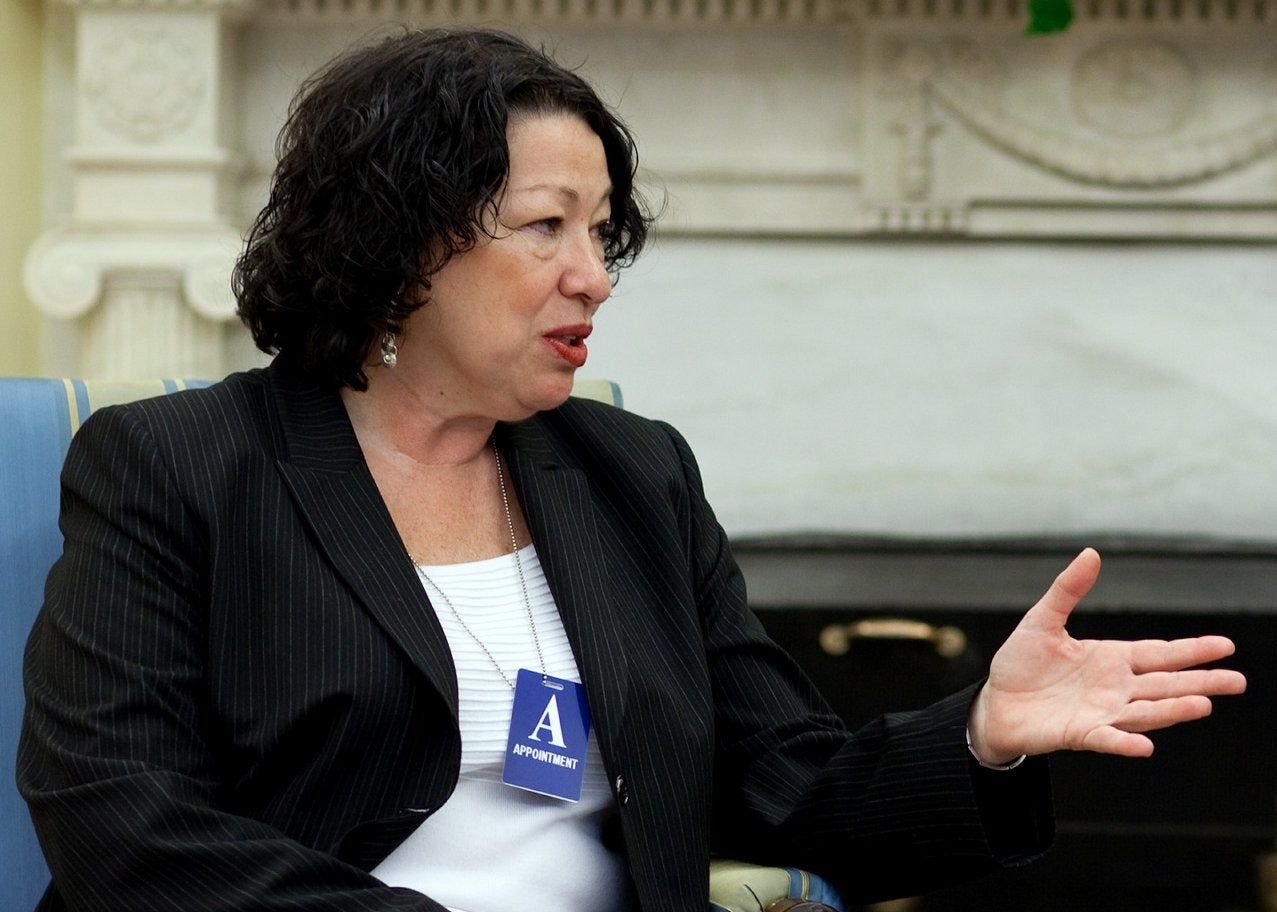Alaska Native Sam Schimmel may only be 17, but he’s already lobbied for his tribe’s hunting rights, organized meetings with his Congressional representatives, and talked with top US officials about climate change.
Sam, a Center for Native American Youth (CNAY) Champion for Change, is featured in the CNAY State of Native Youth 2017 report, which was released at a panel discussion last Wednesday. It details the ways young Native Americans are building civic power and leading their communities forward by honoring their cultures and traditions.
Mariah Gladstone, another Champion for Change, started Indigikitchen, an “online cooking show dedicated to re-indigenizing our diets using digital media.” According to CNAY’s report, 79 percent of Native youth said their communities need better access to healthy food — so she uses traditional ingredients and cooking methods to advocate for food sovereignty, or defining one’s own food and land policy through actions like defending treaty rights or passing down traditional cooking methods.
“The roots of our problems . . . are based in cultural disconnectedness,” Sam said at the report’s release panel. Issues like mental health and alcoholism, he said, stem from a lack of engagement with Native culture, both on the part of Native Americans and on the part of the communities and institutions surrounding them. He and other young Native Americans are putting cultural disconnectedness at the center of their civic engagement with their communities.
Sam and Mariah’s concerns as well as their initiatives are supported by data CNAY gathered through their second nationwide survey of Native Americans aged 18-24. When asked what the top three issues in their communities were, 58 percent of respondents answered with “culture and language.” Other top responses were education (43 percent), employment/professional development (35 percent), and mental health (33 percent).
The answers are not surprising. Young Native Americans grow up facing an array of dire statistics. According to the report, suicide is the second-leading cause of death among Native youth between the ages of 10-24. Native Americans also died from opioid overdoes at a higher rate than any other ethnic group in 2014. And just over a quarter of Native Americans aged 16-24 are neither working nor in school.
For young Native Americans, these problems are intimidating but not insurmountable. Civic power through identity is a way not just to shape policy, but also to carve space for themselves. Civic engagement is “really about reclaiming space. It’s becoming apparent that there are a lot of systems that just weren’t made for Native people to be involved,” said Kayleigh Warren, Co-Chairwoman of the Santa Clara Pueblo Youth Tribal Council, at Wednesday’s panel. “For me, civic engagement is about asserting our belonging and our worth in this country that has been built on top of our nations.”
In the report, Native youth called for more mental health clinics, therapists, and support groups in communities and schools. Sixty-three percent also indicated a need for programs that address substance abuse. Programming and resources that educate young Native Americans as well as the institutions around them — including teachers and law enforcement — about Native American culture and identity are crucial.
It’s important to give young Native Americans the tools they need to succeed; it’s just as important to engage with the systems and potential allies surrounding them. “It’s rooted in education,” said Sam. “Educating both our students and young leaders about what Native actually looks like.”
You can read the full report here.


